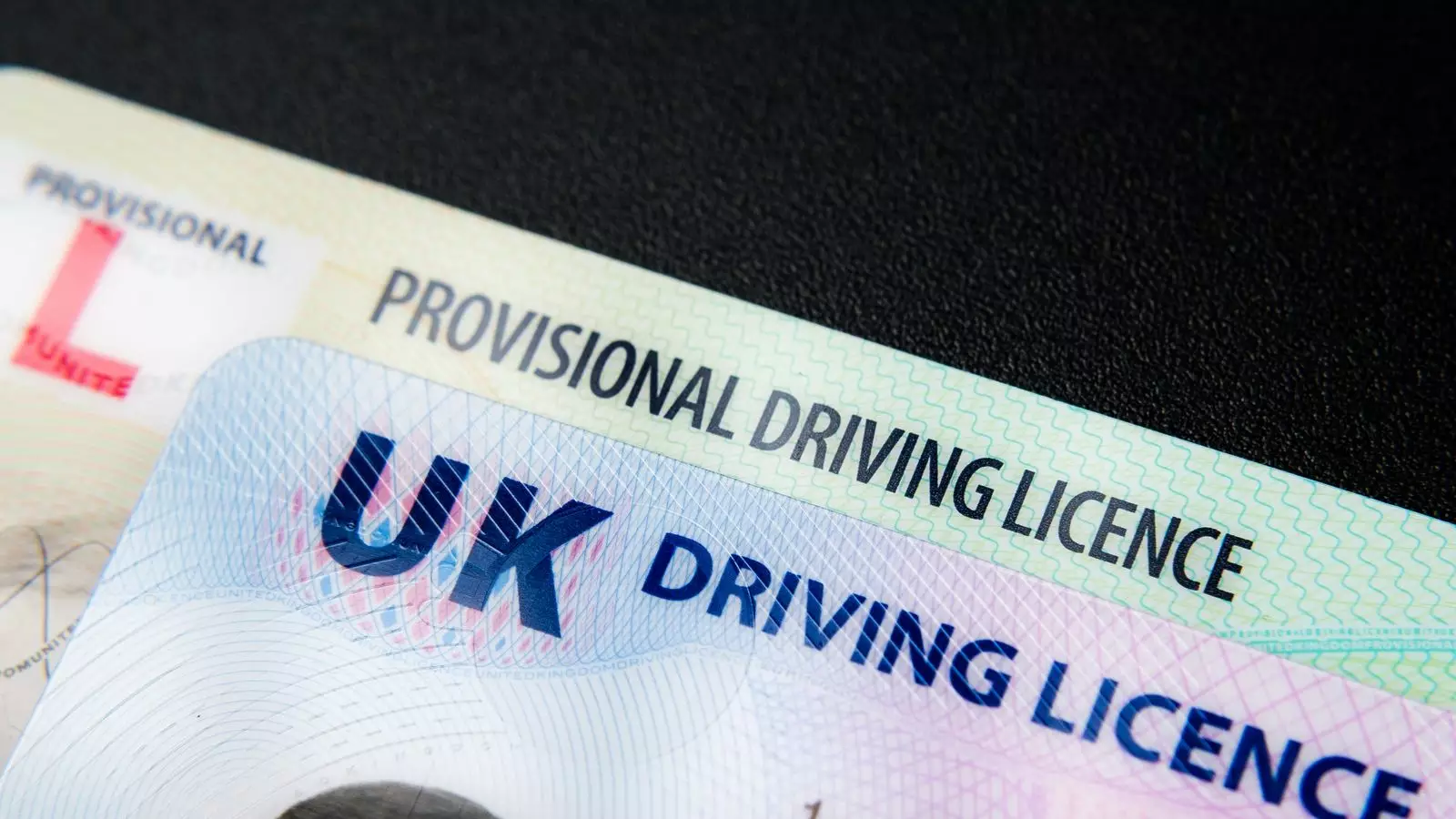In the complex landscape of developed nations, the United Kingdom stands out as one of the very few that does not implement a form of national ID card. Research highlights that out of the 38 member countries of the OECD (Organisation for Economic Cooperation and Development), only six—Australia, Canada, Ireland, New Zealand, the United States, and the UK—lack an official ID scheme. This absence raises important questions about efficiency, security, and modernization in an age defined by technological advancement. As discussions on the potential introduction of digital ID cards reignite, it’s important to delve deeper into the implications and possible benefits of such a system for the UK.
The debate surrounding national ID cards gained renewed attention following remarks by former Prime Minister Sir Tony Blair. Writing in the Daily Mail, Blair positioned digital ID as a pivotal tool for governmental reform. He asserted that while traditional governance concerns often feel insurmountable, such as achieving lower taxes and improving service outcomes, modern technology presents an opportunity for significant evolution. Blair proposed that the current system is flawed and argued for a transformative approach, suggesting that “digital ID is a good place to start.”
Compulsory ID cards were once a key proposal during Blair’s administration but were ultimately abandoned by the subsequent coalition government. Now, with Blair’s Institute for Global Change estimating a £1 billion initiation cost and annual maintenance fees of £100 million, they also project substantial savings for the Treasury, claiming that digital ID could yield £2 billion per year. Coupled with a 2019 analysis from McKinsey, which suggested that such cards may enhance the UK’s GDP by an impressive 3%, the financial incentives to consider digital IDs are compelling.
Concerns Over Civil Liberties
Despite the potential benefits, the push for digital ID cards is met with significant skepticism. Critics argue that these cards could infringe upon civil liberties and create the groundwork for a surveillance state. This concern resonates particularly strongly in a society increasingly aware of privacy issues and governmental overreach. The idea that a centralized digital identity could enable the authorities to track citizens more effectively raises alarms among those who champion personal freedom and privacy.
The varied implementation of ID schemes globally serves as a case study in the implications of such systems. While illegal ID enforcement is evident in countries like Chile and Turkey, many OECD nations have adopted a more permissive approach, making ID cards optional for citizens. The rise of ID cards in countries such as Norway, Hungary, and Japan within the last decade indicates a growing trend towards digitization; however, the UK remains a unique case study in this regard.
The UK government’s messaging regarding digital ID cards has been inconsistent, creating uncertainty over whether the initiative is genuinely on the horizon. Shortly after the election, Business Secretary Jonathan Reynolds indicated that Home Secretary Yvette Cooper would explore various advisory sources relevant to digital ID. However, the narrative shifted in subsequent interviews, casting doubt on the government’s commitment to this avenue.
Recently, the administration has put forth legislation aimed at enabling the creation of “digital identities,” suggesting a system where citizens can selectively share specific information. It’s essential to note, however, that government officials emphasize these identities would not equate to mandatory digital ID cards. This dual messaging creates a layered narrative that could confuse citizens about their future rights and freedoms.
Australia recently initiated a pilot scheme for a digital ID system, even as privacy concerns linger. This international experiment serves as both a guide and a warning for the UK as discussions evolve. It’s indicative of a broader trend among nations recognizing that the advantages of digitizing identity verification—for efficiency and economic growth—can often clash with the population’s insistence on safeguarding civil liberties.
As the UK navigates its path regarding digital identities, crucial considerations emerge about the balance between modern governance and personal freedoms. Legislation will have to walk a delicate line between optimizing efficiency while ensuring the public feels safe and respected. The discourse on digital ID cards in the UK encapsulates broader themes of trust, innovation, and the evolving relationship between technology and civil society.
While the potential benefits of a digital ID system are substantial, the UK must carefully consider how to implement such a system in a way that respects civil liberties and maintains public trust. As the conversation unfolds, it is essential for stakeholders to engage with the complexities and nuances of this transformative issue.


Leave a Reply